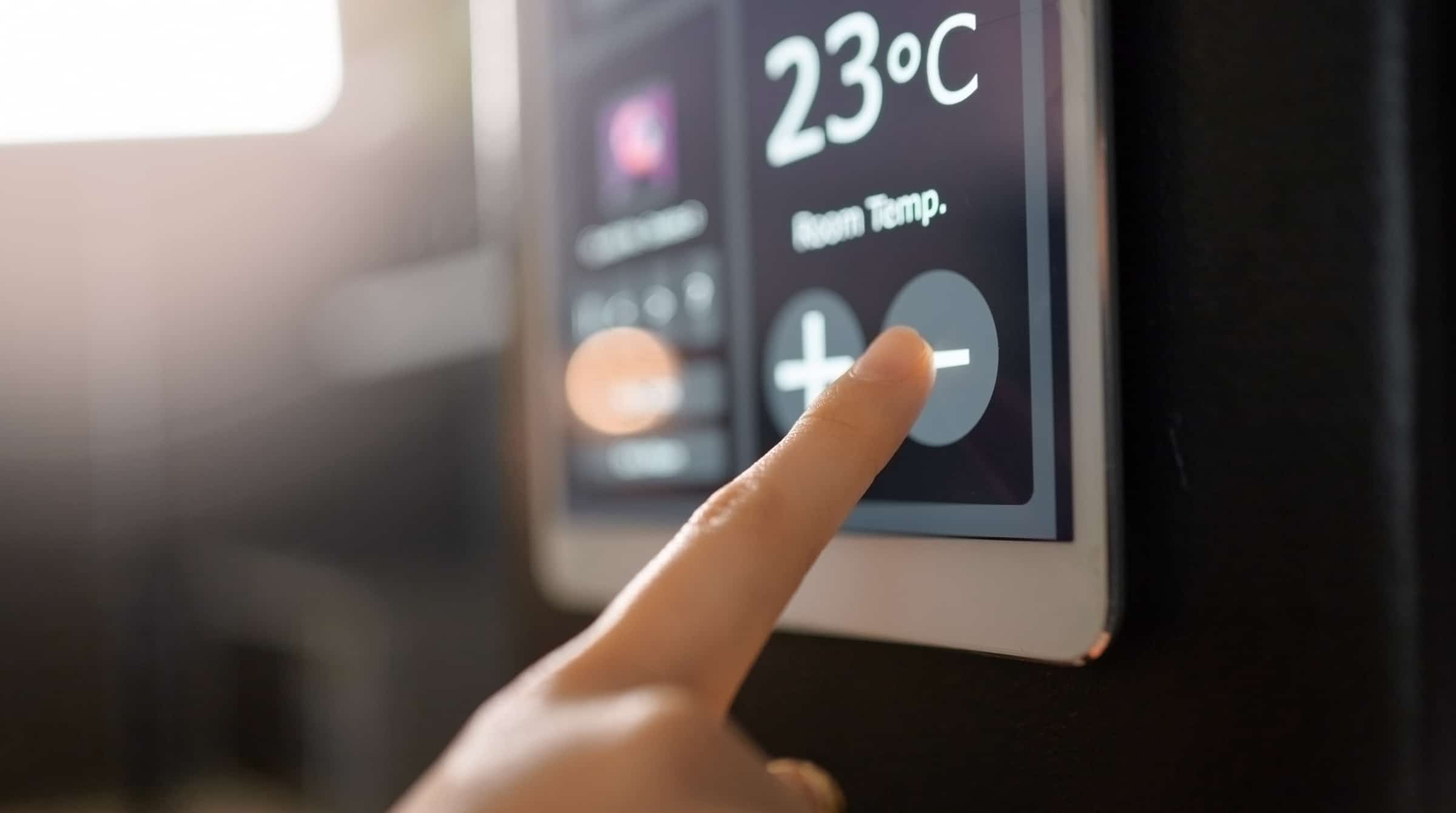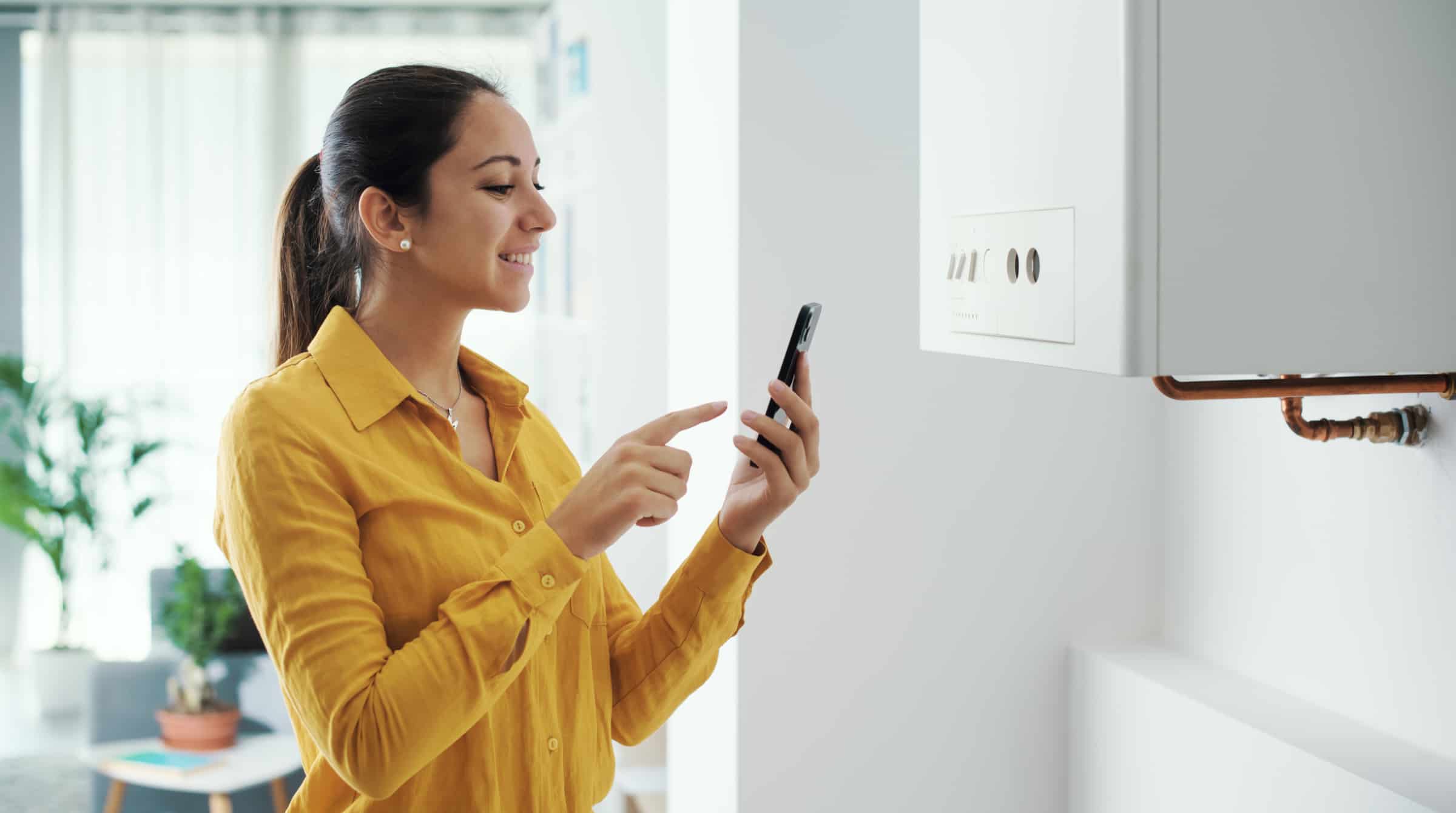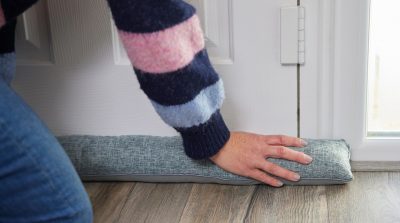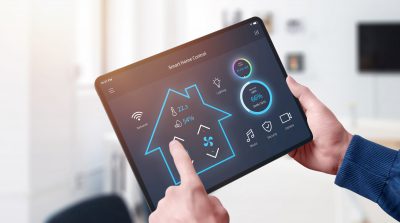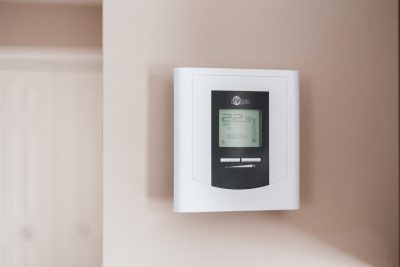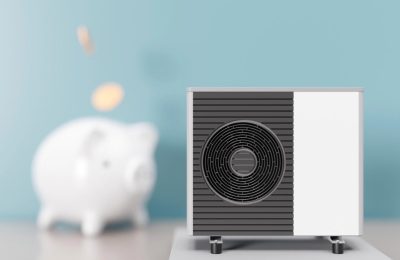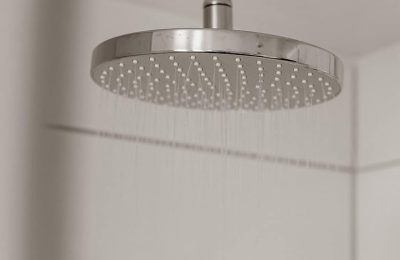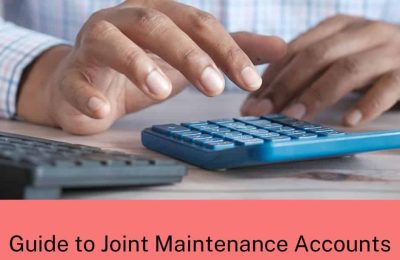Do you know how important it is to look after your heating system over the summer? As a tenant, it can be tough to navigate the ins and outs of keeping your home’s heating and hot water system in good condition over the summer. In fact, with the warmer weather, it’s easy to forget about your heating system altogether – but it really is important to keep it running smoothly year-round.
In this blog, we answer four top FAQs from private rental tenants.
1. How should you use central heating controls over the summer months?
Central heating controls can seem overwhelming, however, setting them correctly is essential to look after your heating and hot water system over the summer.
If you have an older system, it may be controlled by a thermostat that you manually adjust. Newer systems often have digital controls that are more precise and can be programmed to turn on and off at specific times.
Firstly, it’s important to know that you should never turn off your heating system completely during the summer. This can cause damage to the system and make it harder to start up again when you need some heating as the weather starts to change. Instead, set your thermostat to a lower temperature, around 10-15 degrees. This will keep your heating system running and help prevent any damage from occurring.
Additionally, if your system has a timer, you can set it to turn on for a short period each day to ensure it stays running smoothly. This is especially important if you have older radiators, which can become clogged with air and debris if they are not used regularly. By running your system for a short period each day, you can prevent any blockages from developing and ensure your heating system is circulating regularly.
2. What should you do with your heating and hot water system when you go on holiday?
Going on holiday is a great way to recharge your batteries, but it’s important to take steps to protect your heating and hot water system while you’re away. The last thing you want is to come back to a cold or flooded home!
First, you should turn your heating system down to a low setting, around 10-15 degrees. This will ensure the system continues to run while you’re away but won’t waste energy heating an empty home. If you have a combi boiler, then you don’t need to worry about hot water. However, if you have a hot water storage system (cylinder), then it’s advisable to keep that heating for at least one hour in the morning and one hour in the evening. Ensure that the water is heated above 60 degrees to help kill off the bacteria which can cause legionnaires disease.
3. What are smart controls and why are they recommended?
Smart controls, or smart thermostats, connect to your boiler or heating system and to your internet. They communicate via Wi-Fi with an app that you can use on your smart phone, tablet or computer.
There are multiple benefits to using smart controls, which can be easily and quickly fitted by your local plumbing and heating engineer. Firstly, your app will show you exactly how much energy you’re using, as you use it, and show you how much you’re spending – particularly helpful when you’re trying to stick to a budget.
Smart control apps are generally easy to use and can be much simpler than traditional thermostat controls, meaning that it’s easier to programme your heating and hot water settings. In addition, some smart controls use motion sensors and can adapt their own settings to suit your routine.
Using a smart heating system also means that you can control your heating and hot water remotely – meaning you can turn your heating system up or down as needed, even if you’re on the other side of the world.
Increased understanding of your energy use, coupled with increased control, means that many smart heating users save money – according to the Energy Saving Trust, this could be as much as £75 a year.
4. What should you do if your boiler is losing pressure?
One of the most reported heating issues from tenants to their landlords and property managers is a loss in boiler pressure, so this is the most common call-out for many plumbing and heating engineers.
Over time, your central heating water system can lose water due to evaporation or leaks. This can cause your system to become less efficient and even stop working altogether. To prevent this from happening, it’s important to top up your system regularly.
Top up your central heating water system
To top up your system, you’ll need to use a filling loop, which is a short length of pipe that connects the cold water supply to the heating system. First, you’ll need to locate the filling loop, which is usually located near the boiler. Then, you simply open the valves on either end of the filling loop to allow water to flow into the system. You can check the pressure gauge on your boiler to ensure the system is at the correct pressure. The optimum pressure is between 1.0Bar-1.5Bar when the heating system is cold. The pressure will naturally increase when the appliance is on due to expansion in the system; this is nothing to worry about.
It’s important to top up your system slowly, as adding too much water too quickly can cause your system to become over-pressurised. If you’re unsure how to top up your system, consult the manufacturer’s instructions, take a look on YouTube, or contact a professional for assistance.
Look after your heating system over the summer months
Keeping your home’s heating and hot water system in good condition over the summer doesn’t have to be difficult.
By using your central heating controls properly, protecting your system when you go on holiday and topping up your system regularly, you can ensure your system runs smoothly all year round. Even better, whether you head off to Butlins, Bali or somewhere in between, it’s easier than ever to keep your system running smoothly and to save on energy bills by using smart heating controls.
If you’ve any questions, contact your local reputable plumbing and heating engineers for advice.
